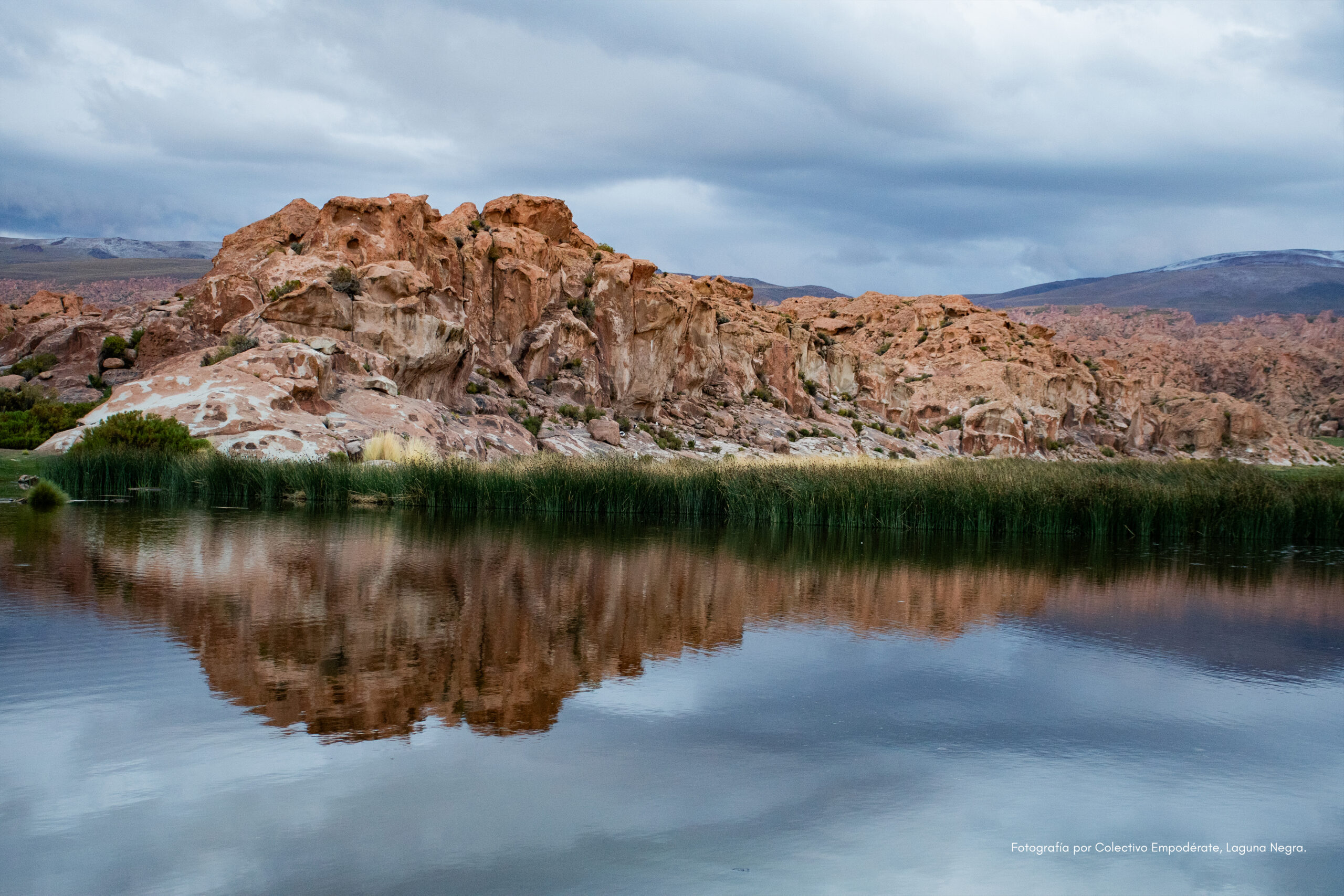The growing global demand for transition minerals—including lithium, copper, and nickel—driven by the current energy transition model, but also by the expansion of the digital economy, data infrastructure, and the military and aerospace industries, is causing irreversible ecological damage and violating fundamental human rights across the territories of the Global South.
Latin America is the most biodiverse region on the planet and one of the most culturally diverse regions in the world. It is home to numerous Indigenous peoples who inhabit and safeguard these territories.
At the same time, the region holds significant mineral deposits, placing it at the center of the growing global interest in mineral extraction. This demand intersects with fragile ecosystems, unique biodiversity and the territories of traditional and Indigenous communities, including the Amazon and the high Andean wetlands, which are crucial for climate adaptation due to their role in water regulation, and in mitigation, as they act as carbon sinks.
Intensive mining in these ecosystems exacerbates climate vulnerability and fosters socio-environmental conflicts, compromising the ecological and cultural integrity of these ecosystems and communities. The push to expand extraction contradicts multilateral environmental protection frameworks and the climate and biodiversity commitments adopted by the States Parties. This trend jeopardizes the possibility of a just and equitable transition, reproducing the same patterns of inequality and climate harm that current policies claim to overcome.
In this context, the Alliance for Andean Wetlands calls on States Parties to the UNFCCC to ensure:
- Human rights and justice must be at the center of any transition and of all strategies for climate change adaptation and mitigation, including the rights of communities living in territories where the transition minerals are located.
- Respect of planetary boundaries and the protection of the integrity of ecosystems, particularly those that play essential roles in climate adaptation and mitigation.
- Support for socio-ecological transitions for the Global South.
- Traceability of the projections and uses of mineral demand and commitment of Global North countries to rapidly adopt policies aimed at reducing the consumption of primary minerals and energy.
- Adequate, quality, accessible and additional financial and technical support, based on needs and priorities, so that the energy and socio-ecological transitions of the Global South are truly just and equitable.
